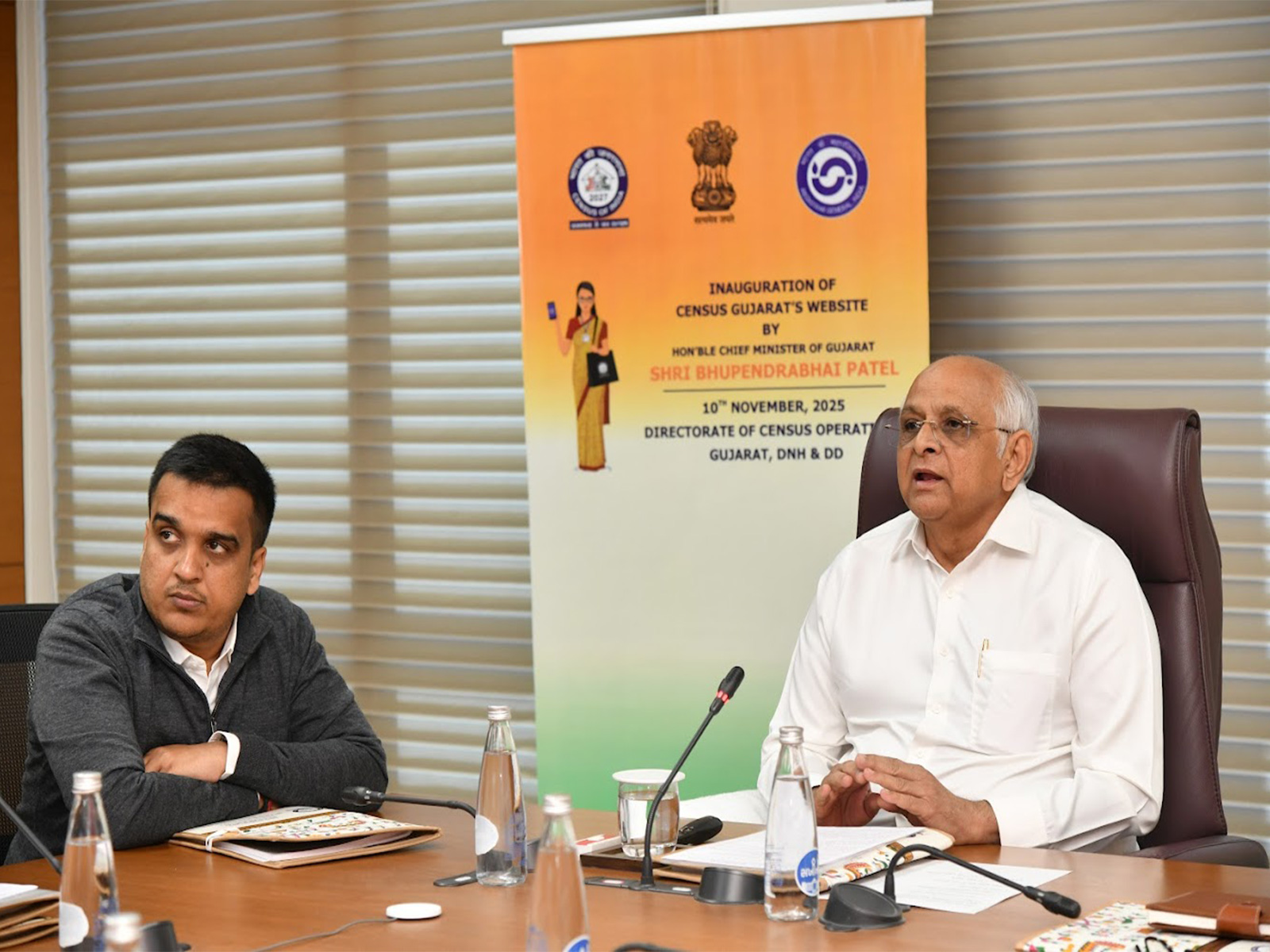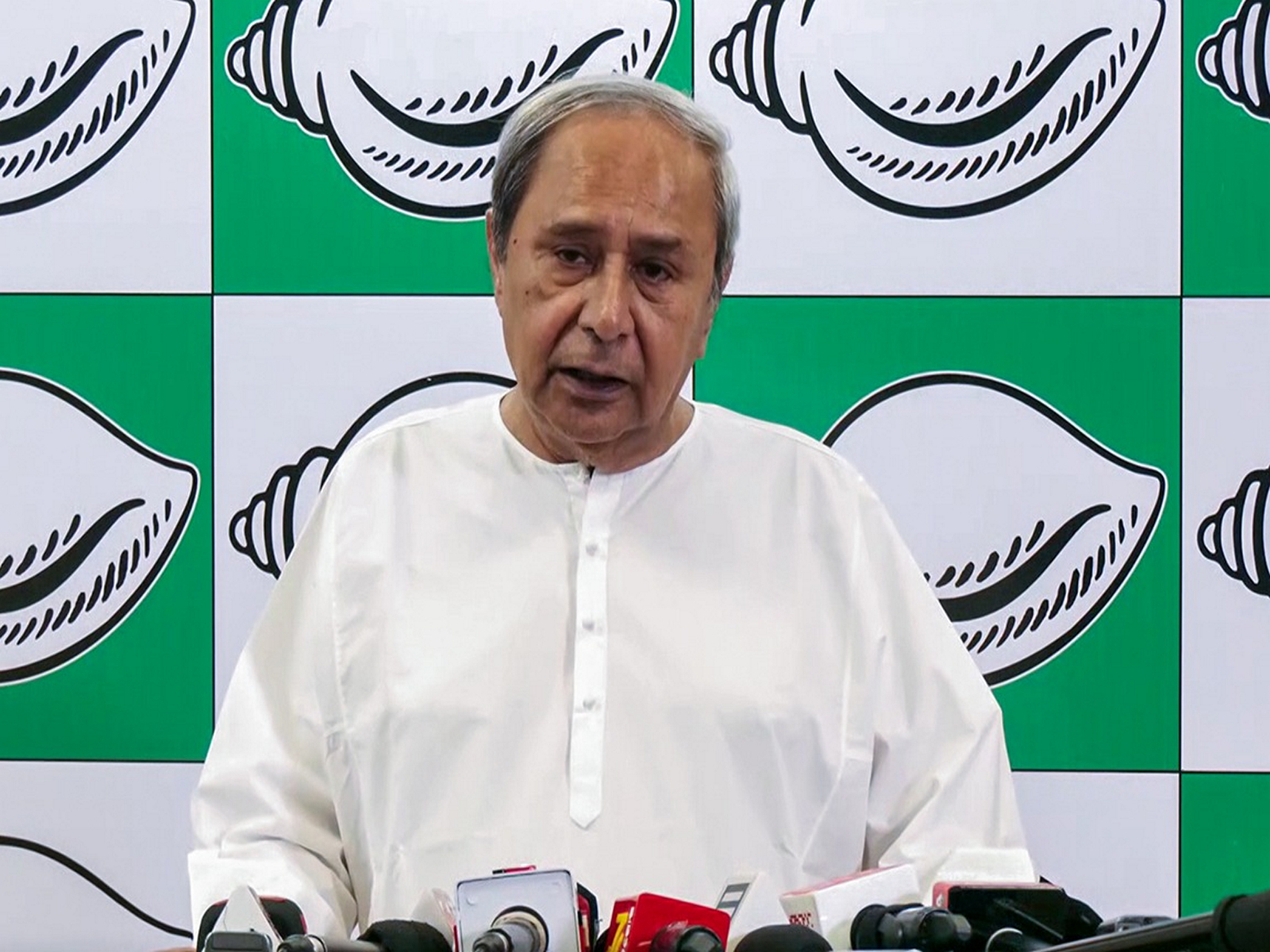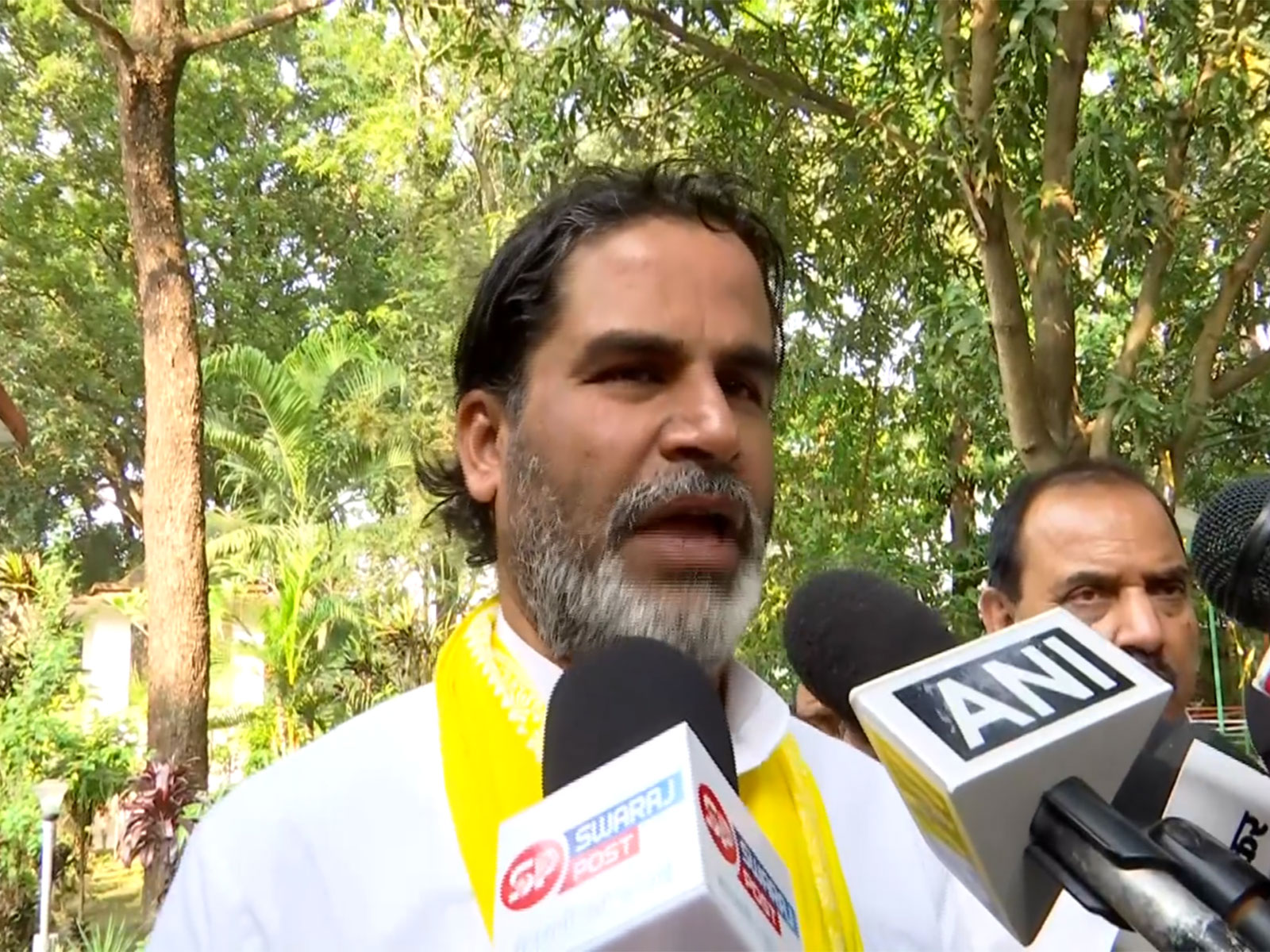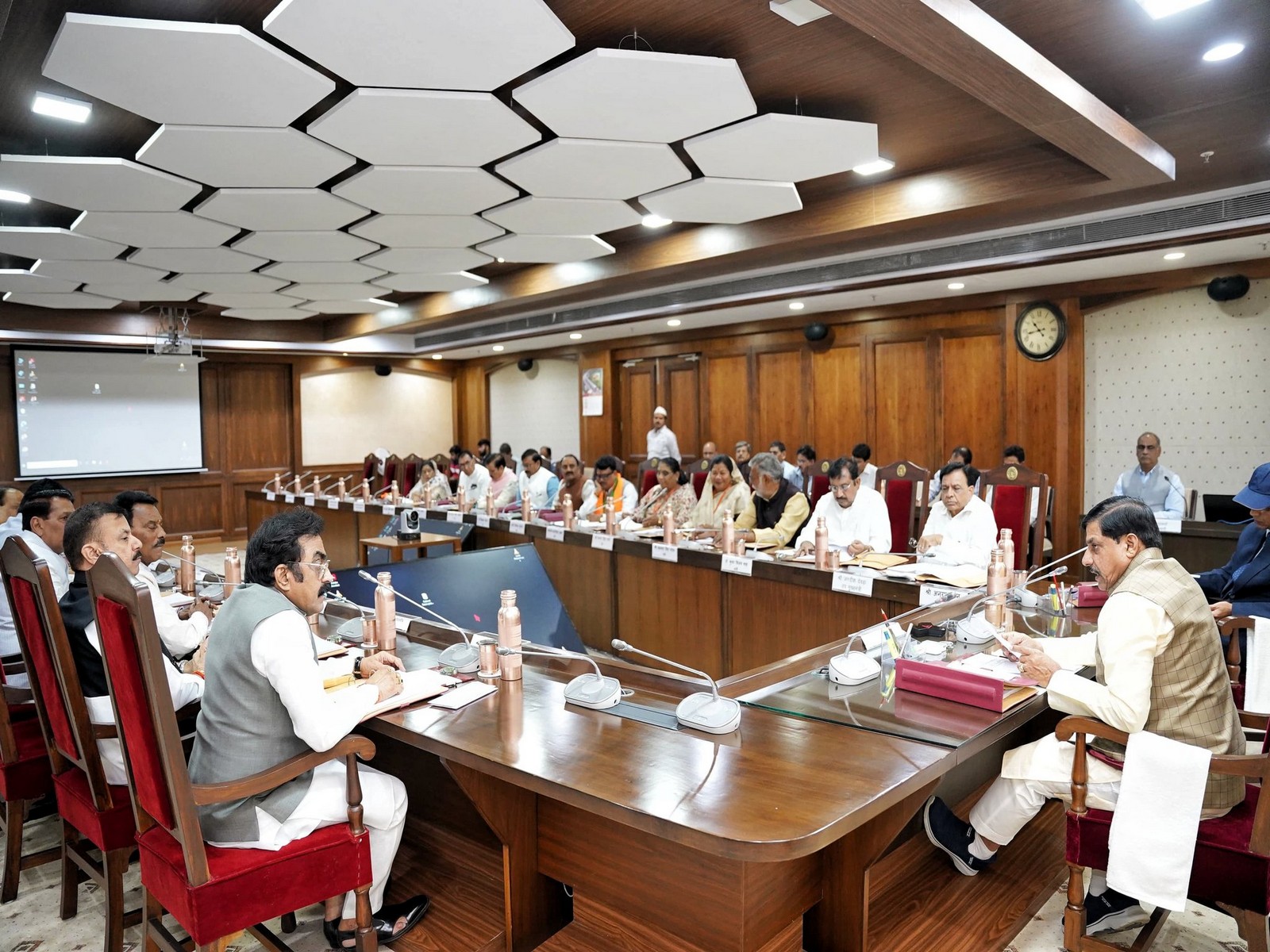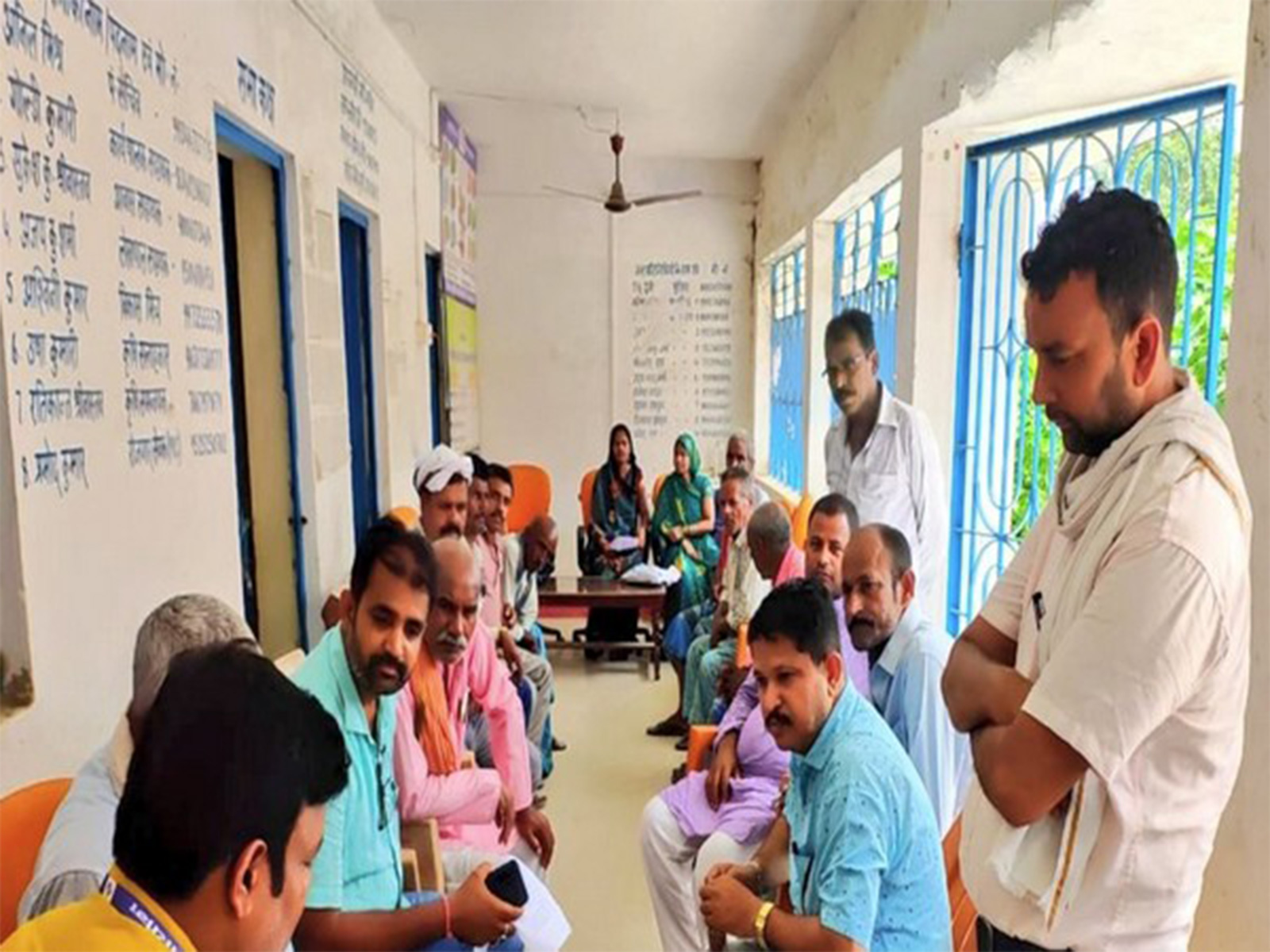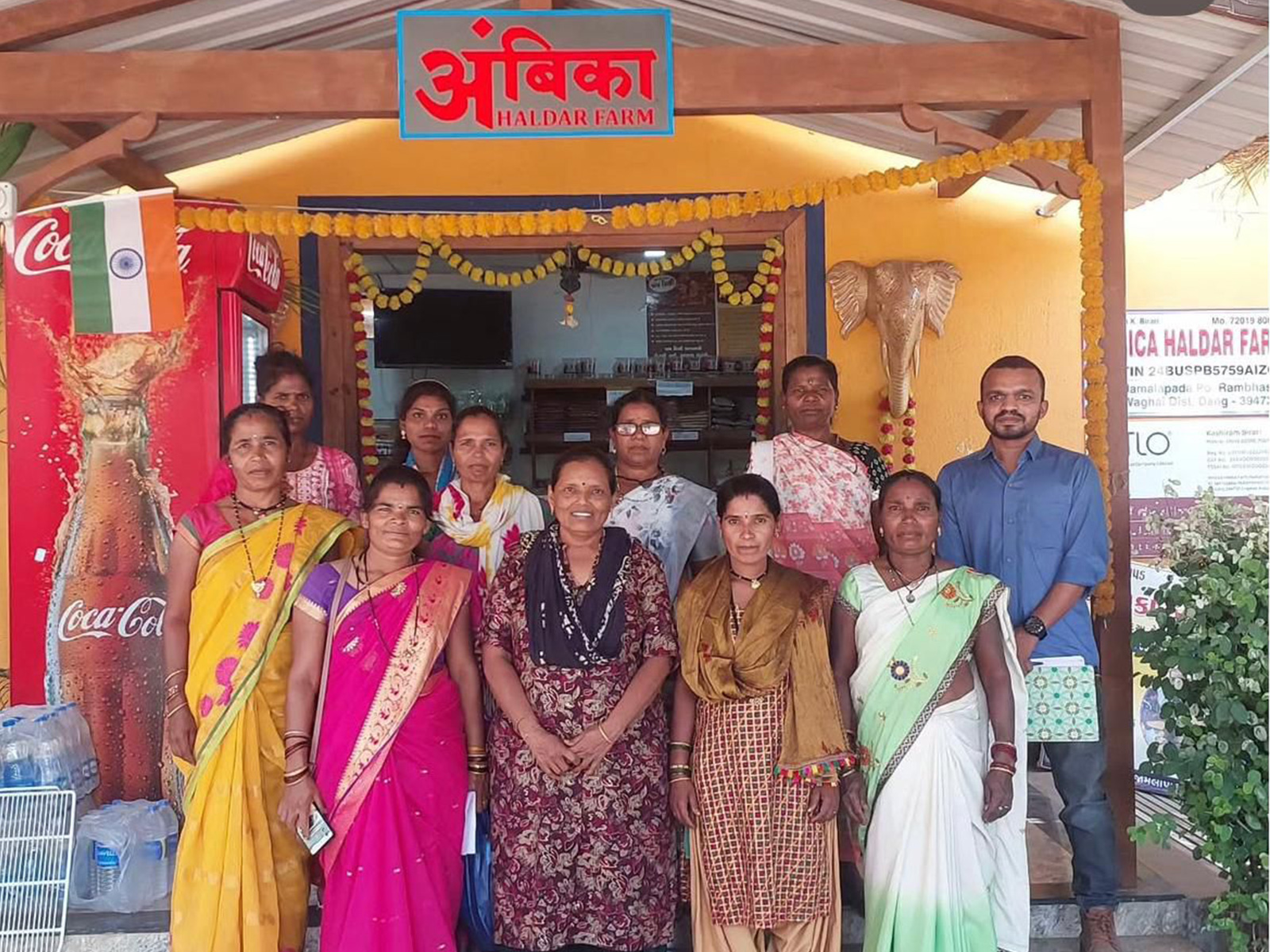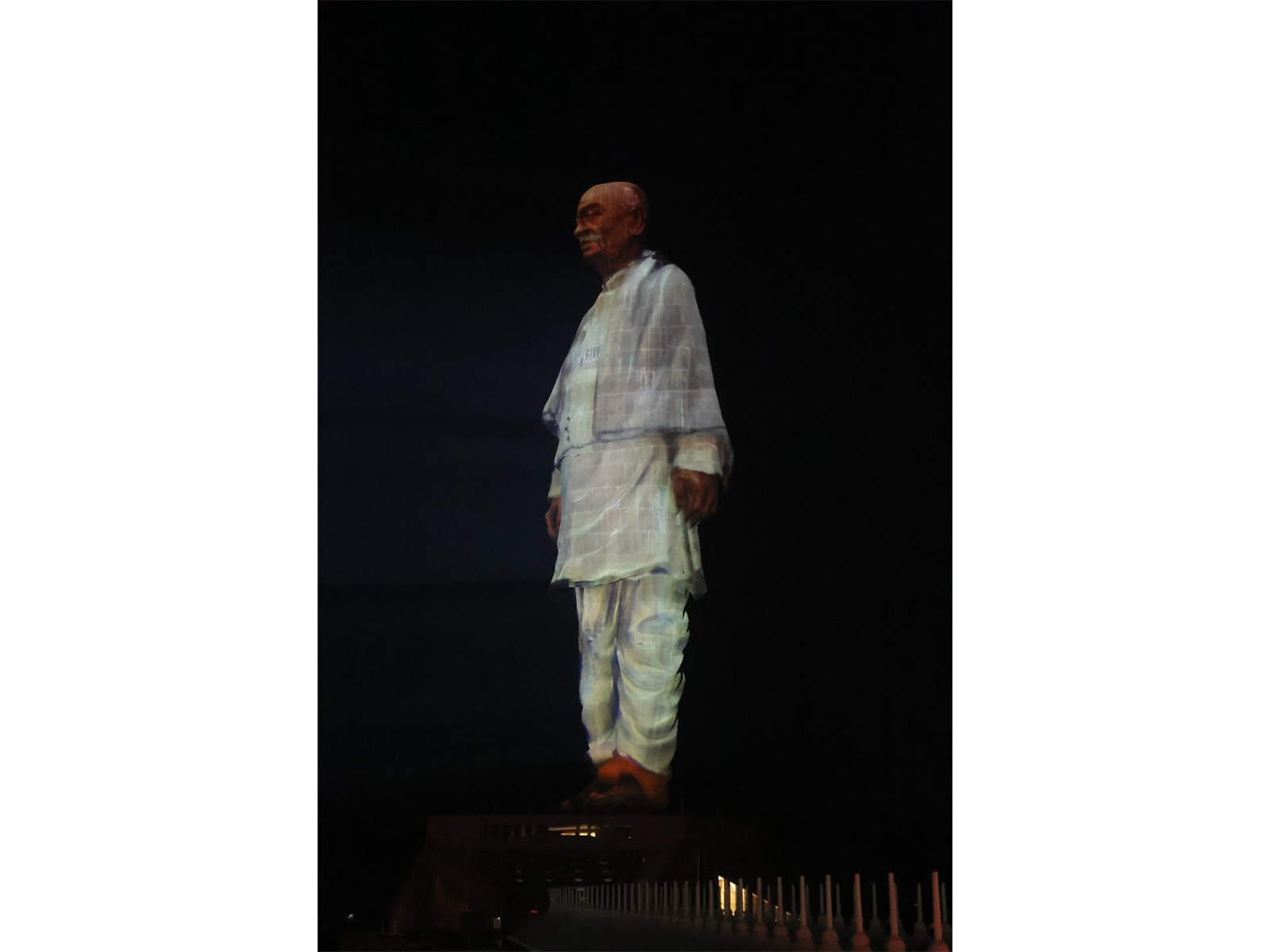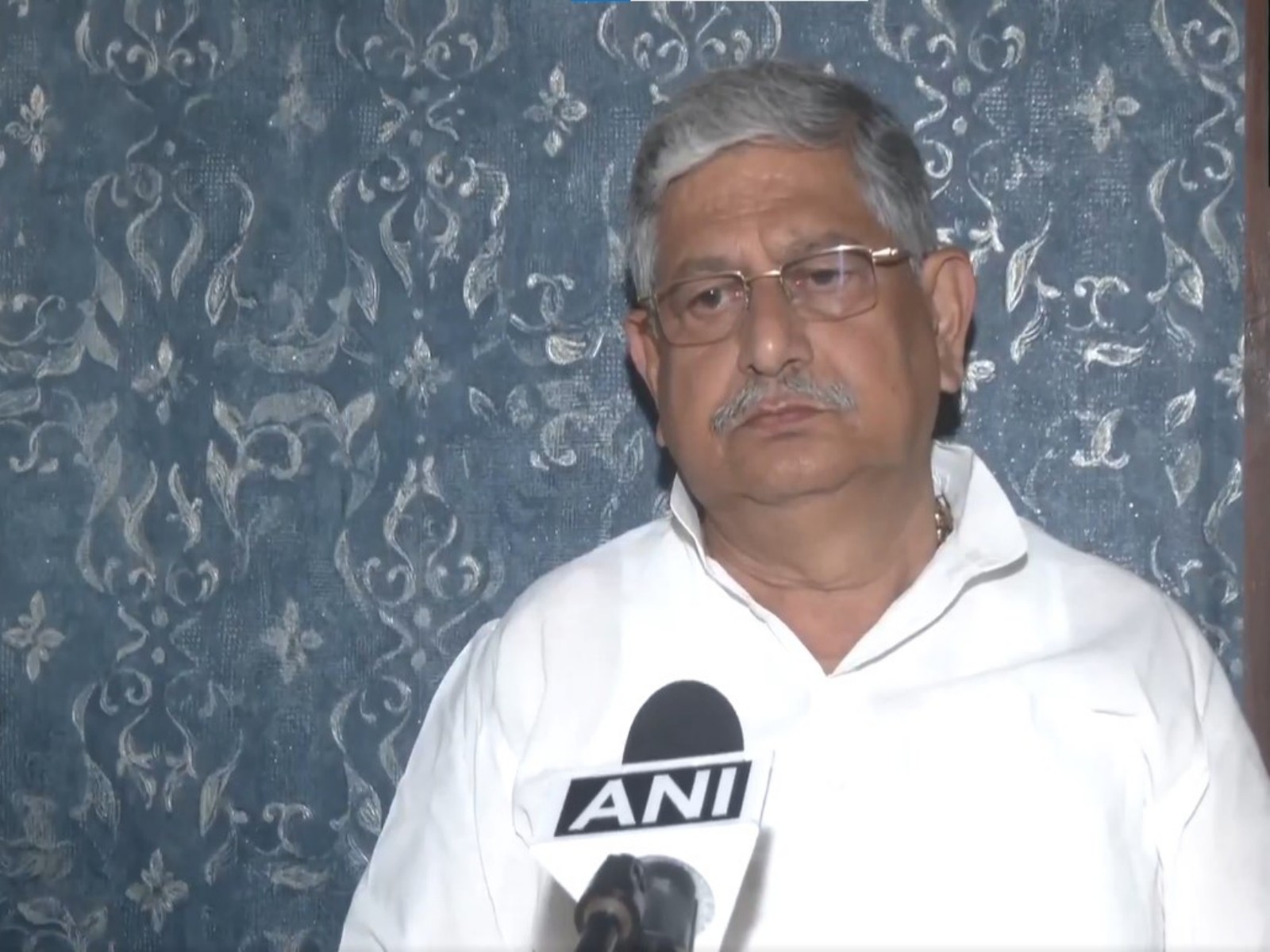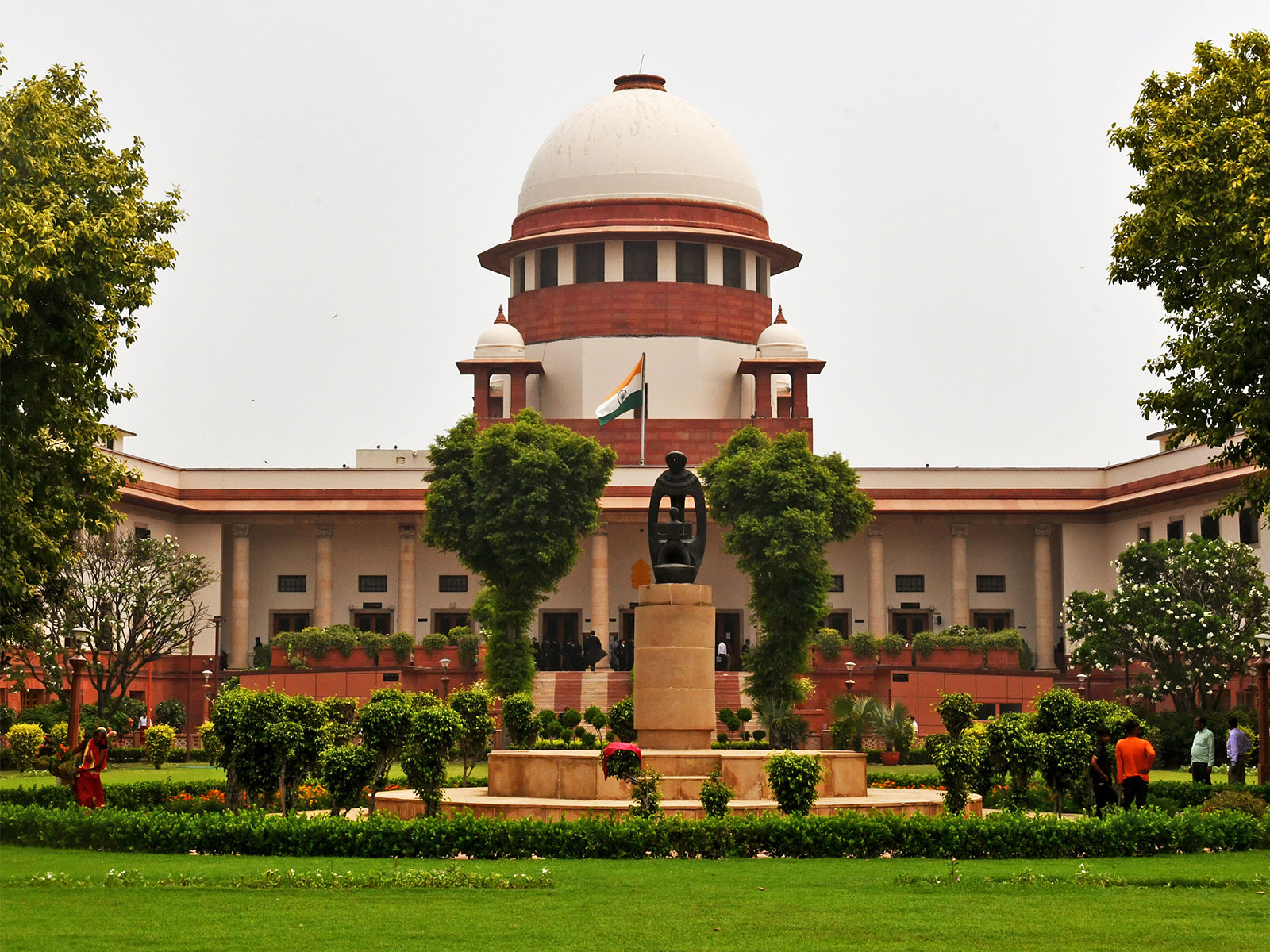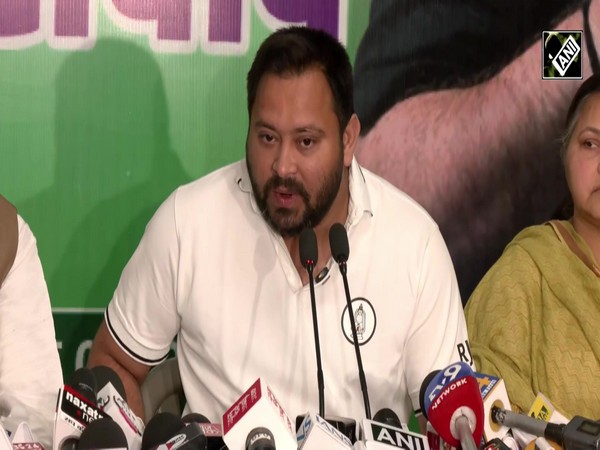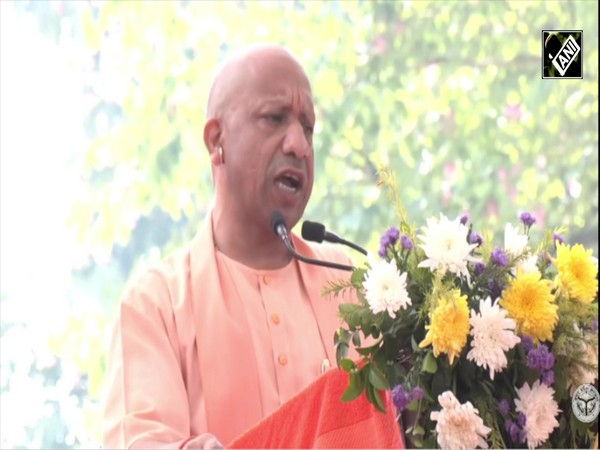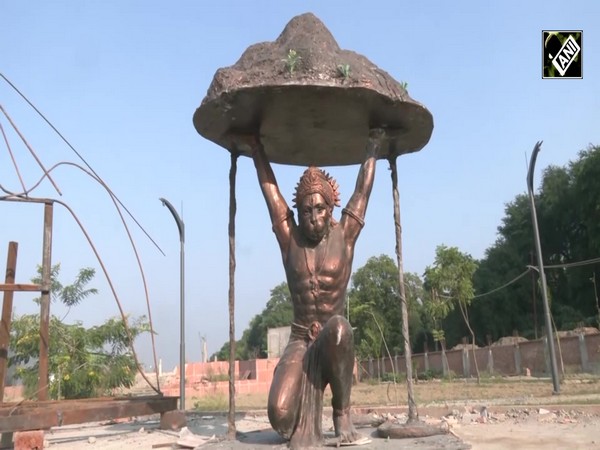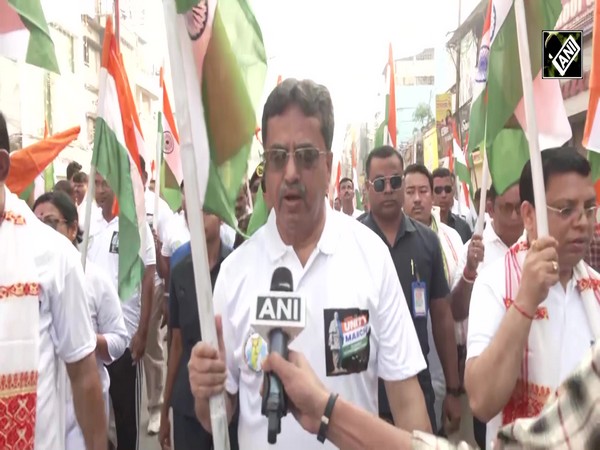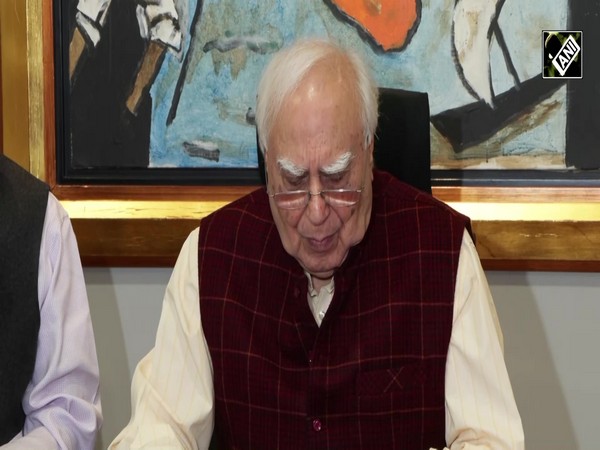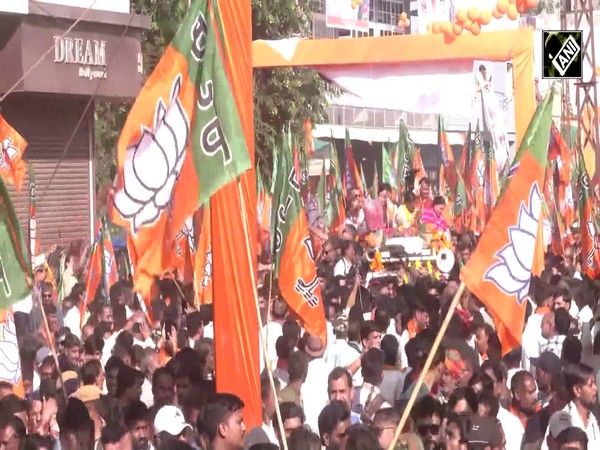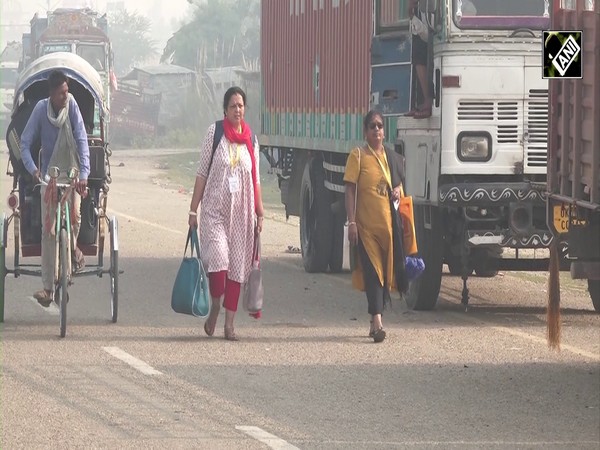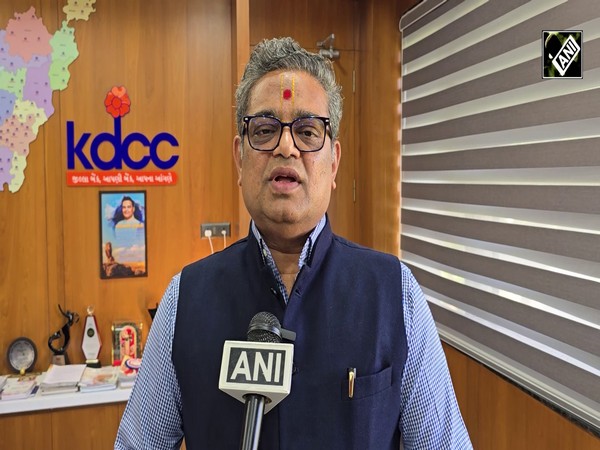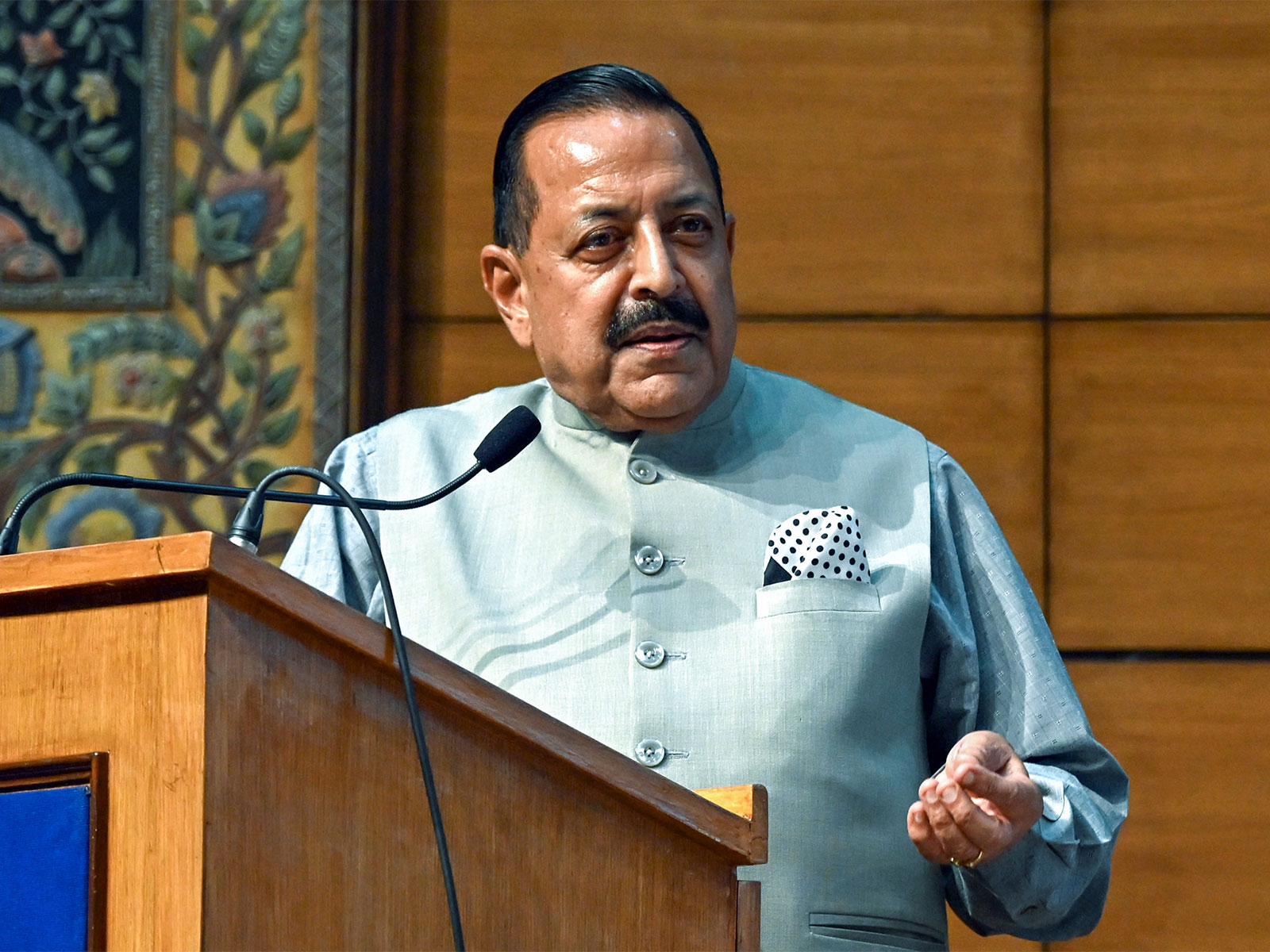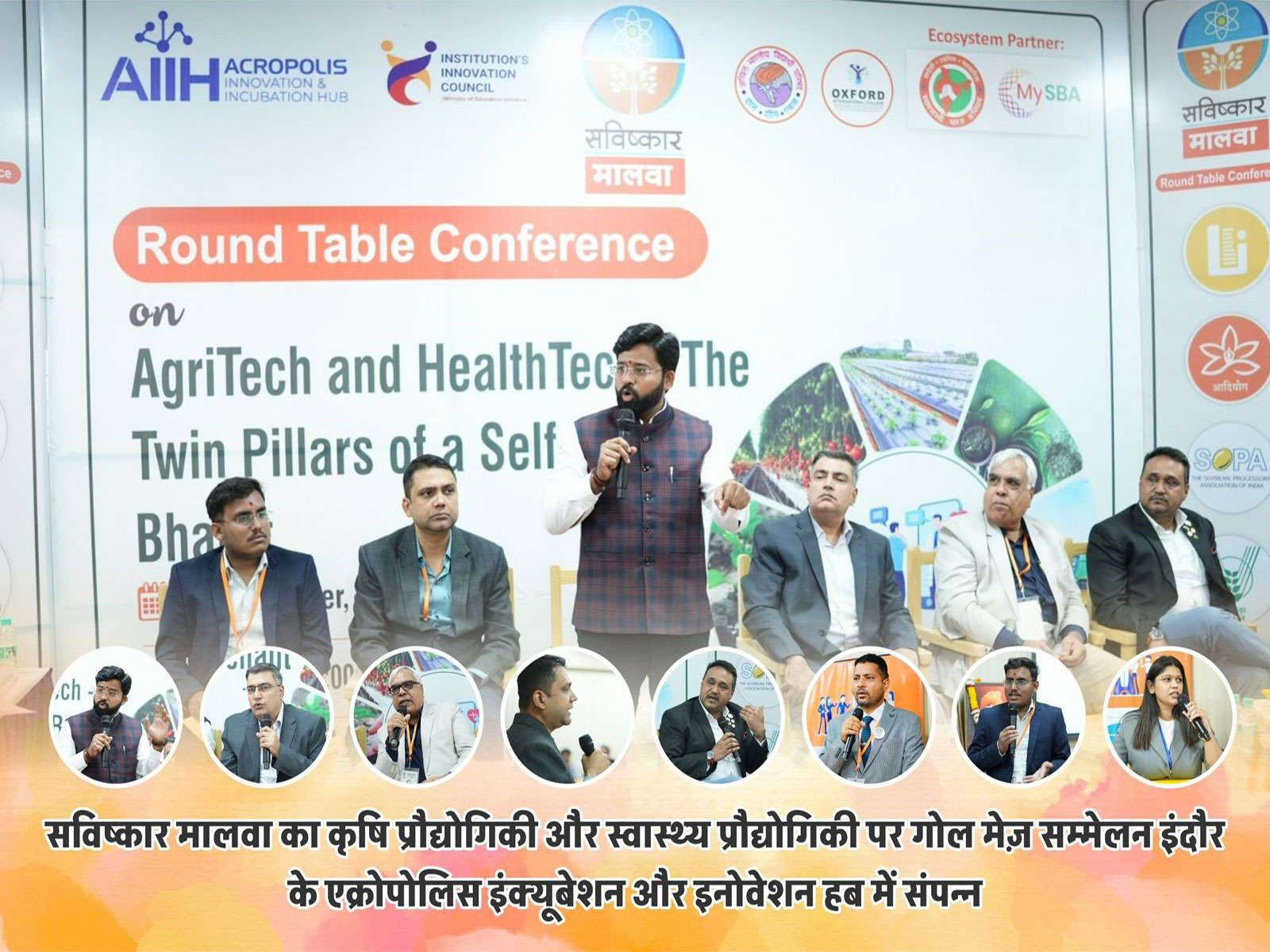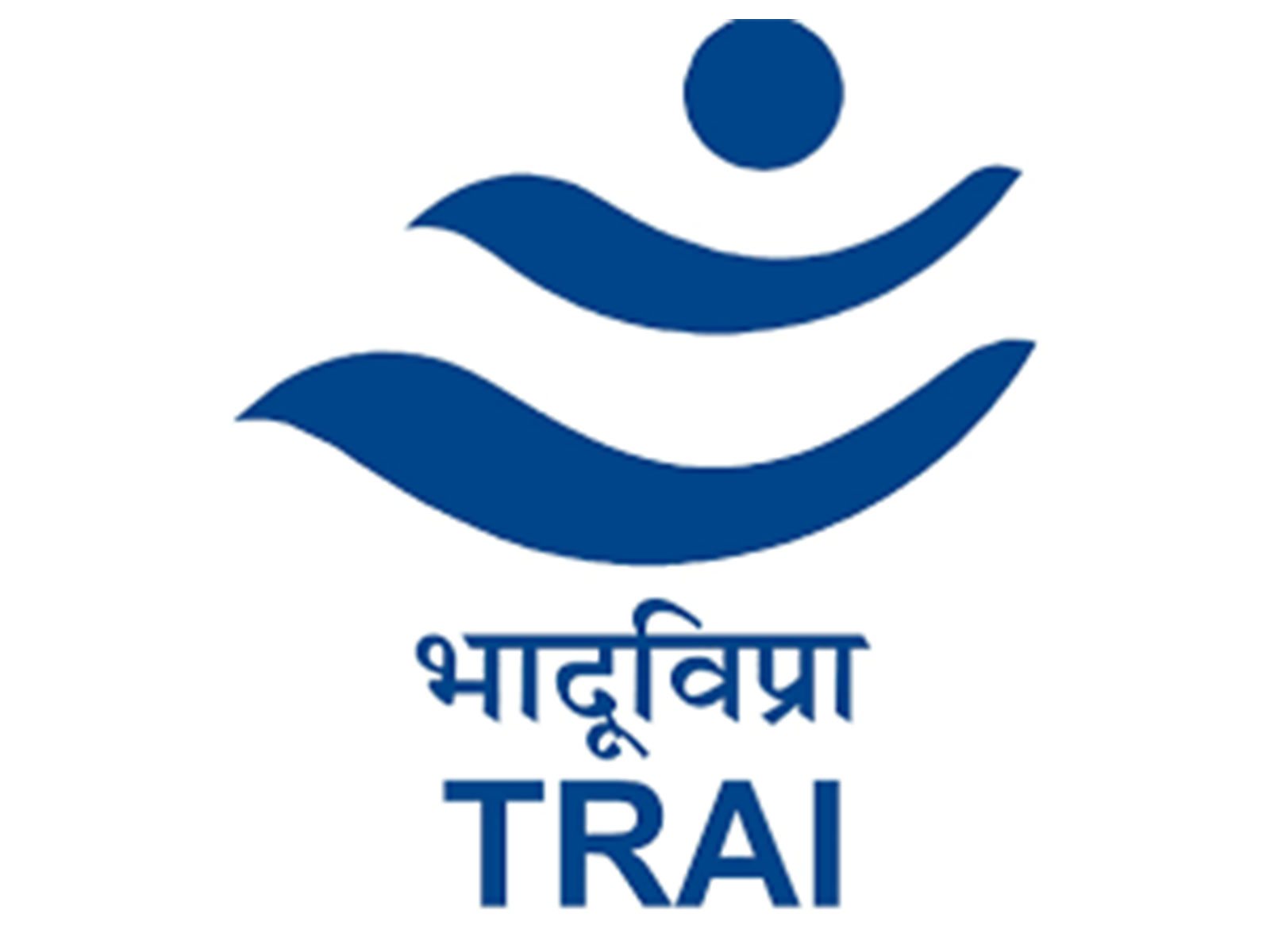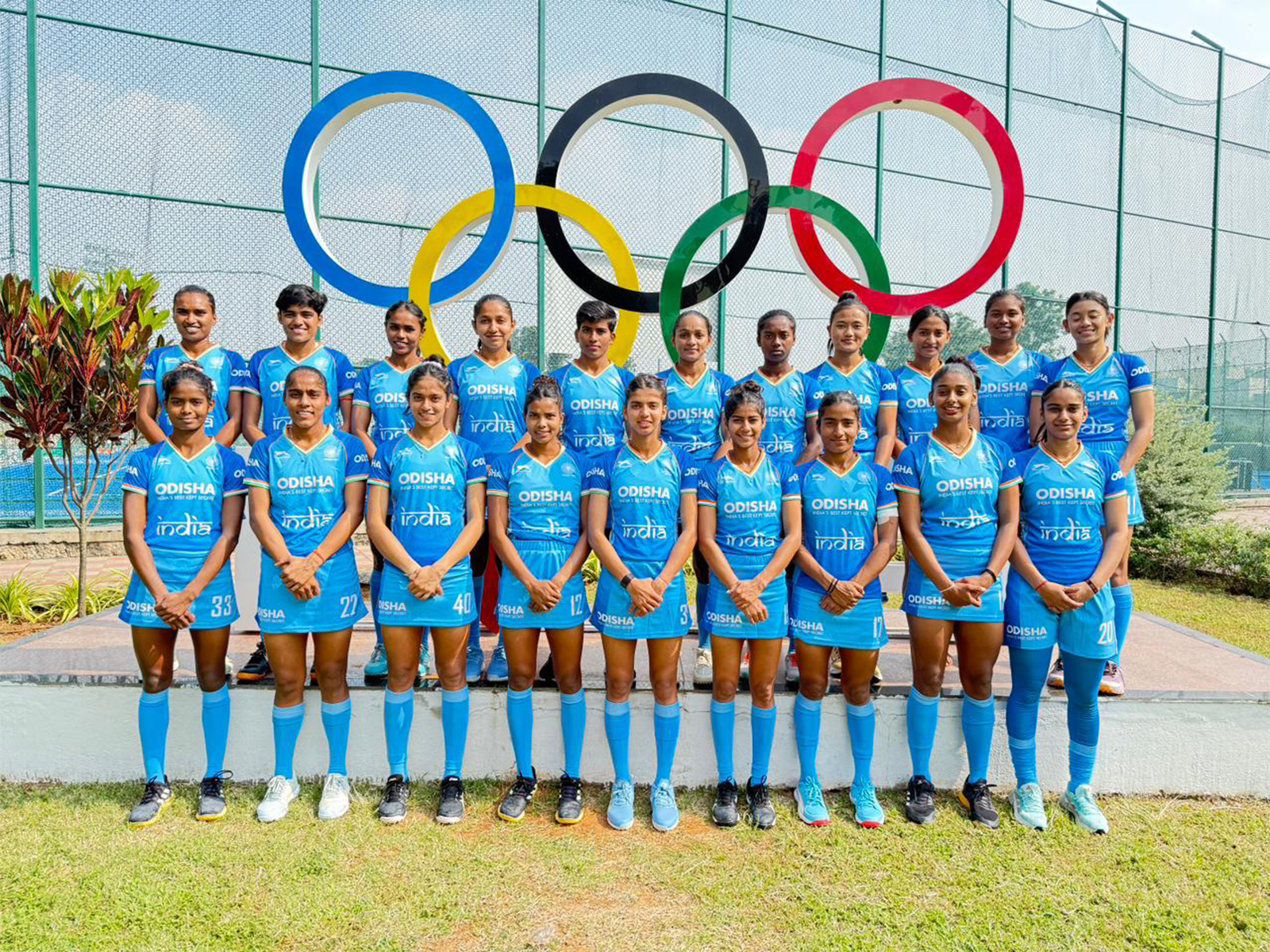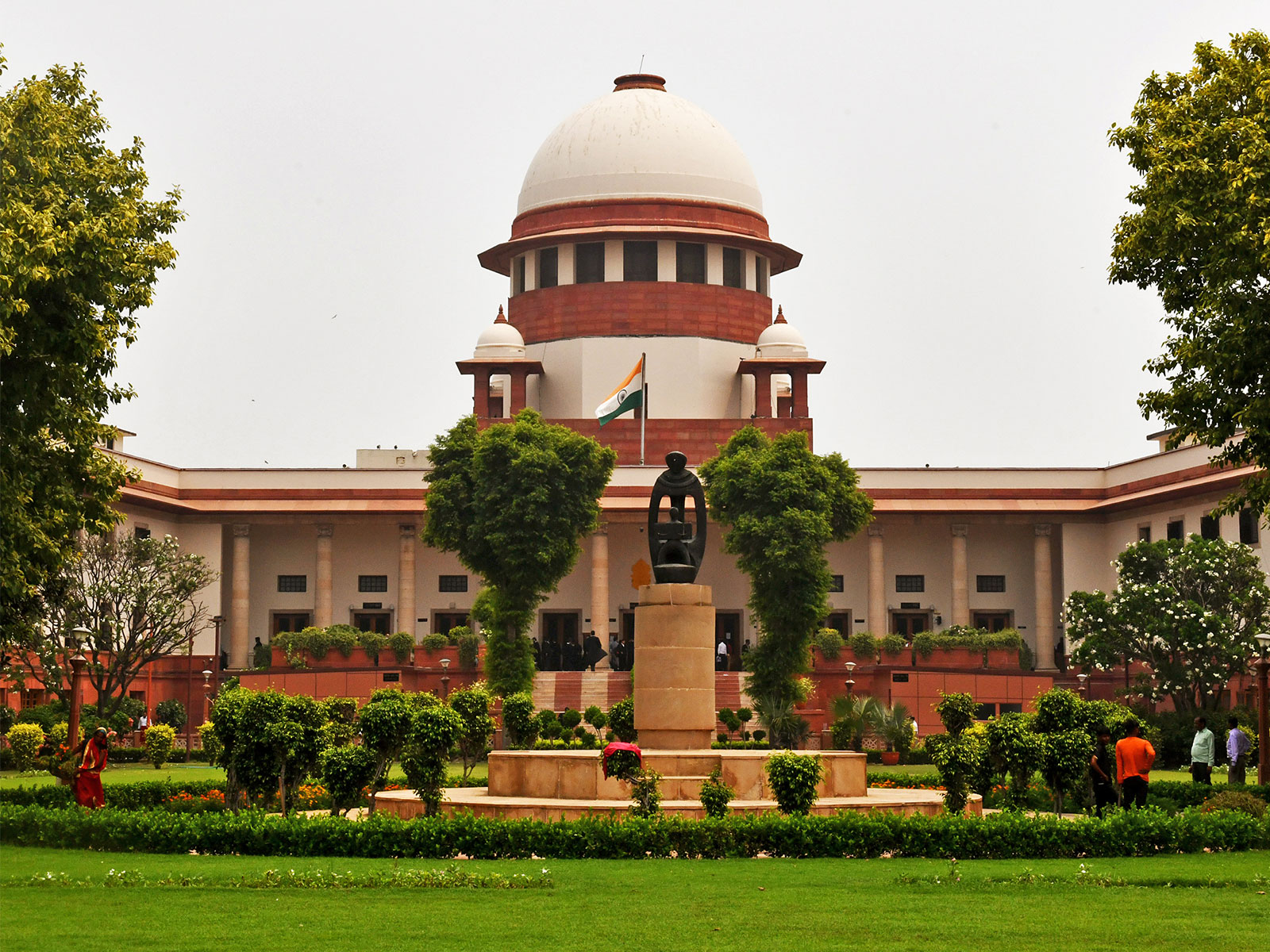
CPI(M) moves SC challenging SIR in Tamil Nadu
Nov 10, 2025
New Delhi [India], November 10 : The Communist Party of India (Marxist) has approached the Supreme Court challenging the constitutional validity of the Special Intensive Revision (SIR) of electoral rolls in Tamil Nadu.
The petition, filed by P Shanmugam, Secretary of the CPI(M) Tamil Nadu State Committee, alleged that the Election Commission of India's (ECI) move is "arbitrary, illegal, and unconstitutional."
It sought quashing of the ECI's order dated October 27, 2025, which mandated completion of the SIR exercise within a month.
The petition submitted that the overall SIR schedule, from October 28, 2025, to February 7, 2026, allows barely 102 days for all stages of the process, including enumeration, verification, publication of draft rolls, scrutiny, objections, and final publication.
Such a compressed schedule defeats the very object of an intensive revision and violates the principles of procedural fairness and reasonableness implicit in Articles 14 and 324 of the Constitution, it added.
The petitioner stated that the SIR has no statutory basis and amounts to a "colourable exercise of power" by the poll panel.
It warns that the SIR, if implemented, could result in "mass and unjustified disenfranchisement of genuine voters", particularly among marginalised, migrant, and under-documented communities.
The second phase of the SIR of electoral rolls began in 12 States and Union Territories, including Tamil Nadu, on November 4, with Booth Level Officers (BLO) distributing enumeration forms door-to-door.
Earlier, Dravida Munnetra Kazhagam (DMK) approached the top court challenging the SIR of electoral rolls ordered by the ECI in Tamil Nadu.
ECI had last month announced that it will conduct the second phase of SIR of electoral rolls across 12 states and Union Territories, with the final voter list to be published on February 7, 2026.
The exercise covers Andaman and Nicobar Islands, Chhattisgarh, Goa, Gujarat, Kerala, Lakshadweep, Madhya Pradesh, Puducherry, Rajasthan, Tamil Nadu, Uttar Pradesh and West Bengal.
